Living through COVID-19 as a child
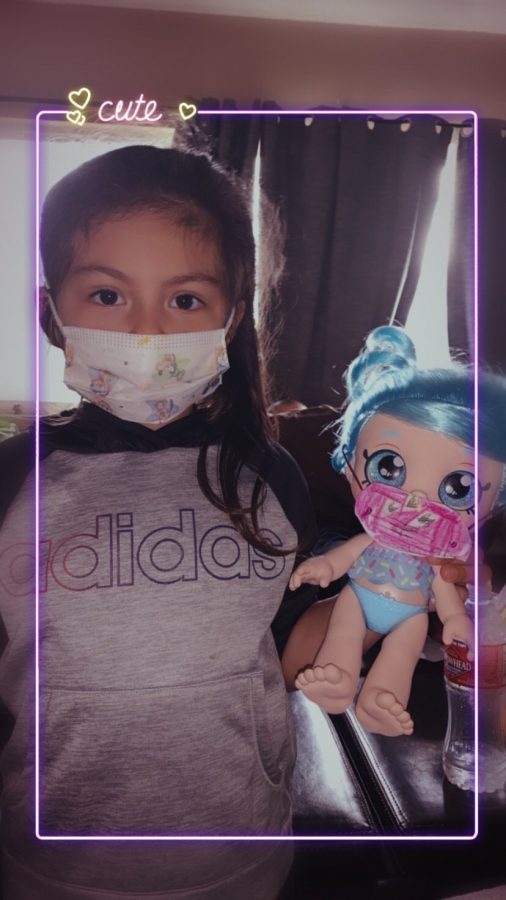
Liv Montes made her doll (baby) a face-mask.
Apr 8, 2020
There is no alarm waking them up or bells signifying class is in session.
For the past three-plus-weeks schools across the country have closed their physical address and moved each child to an online platform that takes place from the comfort of their own home. Like many who have moved into quarantine, there are feelings and thoughts that come with the process of transitioning to online school.
Liv Montes, 5-years-old
With her mom to her left, Liv Montes sat holding her stuffed Angel from the Lilo & Stitch film waiting for the interview to begin. Montes is in kindergarten, she takes part in extracurricular activities which have since stopped due to quarantine. Her mother, Abby Herrera, has created a learning corner in their home to stimulate her creativity and learning process.
“My mom is a teacher,” said Montes.
At this young age Montes is aware she can only be at home and play in her backyard. She was very excited to share that she plays with her cousin next door and two of her friends call her to stay in touch.
She was asked if she could tell her teacher one thing; what would it be:
“I love how she teaches,” said Montes.
Maya Eileen Lemus, 9-years-old
In her white Nike hoodie Maya Eileen Lemus sits next to her mother as the Zoom interview audio is set up. Moving side to side in her seat Lemus smiles and expresses how excited she is to have moved her fourth-grade activities into at-home studies. For Lemus, schoolwork is done in her room or her mothers room since the stay at home order was issued.
Her physical activities take place in her backyard.
“I usually use my roller skates outside,” says Lemus.
She has expressed to her mother, Jessica Palma, that she is bored being at home but also feels sad because she understands people are sick.
She was asked if she could tell her teacher one thing; what would it be:
“I will see you again,” said Lemus.
Alizhay Cindy Perez, 13-years-old
Shy and a little nervous, 7th-grader Alizhay Cindy Perez sits and waits to be interviewed. She is now taking classes online and through assignment packets put together by her teachers. Through this transition from the classroom to in-home learning she has lost the guidance of her teachers. She expresses she is a visual learner and not having examples is causing some disruption in her learning.
“It’s easy a little bit but not really. You can’t talk to the teacher how you want. You have to email them,” said Perez.
The routine has brought boredom to her days having to always stay in.
“[I’m] bored at home, there is nothing to do,” said Perez.
She was asked if she could tell her teacher one thing; what would it be:
“To make things easier. Give better explanations,” said Perez.
Jennifer Barba, 16-years-old
The workload of seven classes seems to be so much heavier than what it felt like when Jennifer Barba was physically attending class. Yet she pushes through. Some teachers are not tech savvy so that adds to the struggle of dealing with the shift from in-classes lecture to online.
“I am stressed out. I feel like I can’t breathe sometimes,” said Barba as she expressed how she felt about the change.
To battle boredom and lack of social interaction with friends Barba has taken up cooking and baking. She stays optimistic and proactive to fight all the negative feelings caused by the change in her life.
She would like to tell people that activities can help fight depression or anxiety.
“For me it was painting,” Barba said it helps keep her mind off things.
This suggestion from a 16-year-old is actually one that is supported by psychologists. Lesley Primero, a psychology graduate from SF State, said that in her opinion the best way to keep children from being impacted by this quarantine is to provide a new social routine filled with activities.
“We are social creatures. So we are always out and about interacting with people. So now being in a small area it can be really stressful,” says Primero.
A study by The Lancet also confirms that during this quarantine social connection is important. Therefore the activities between parent and child can assist maintain a strong mental health.
She was asked if she could tell her teacher one thing; what would it be:
“Stop giving me loads of homework in a little bit of time because I have other classes to do,” said Barba.
This is a new and strange change for all. These children are the future generation who will be telling others about what is taking place, their thoughts during this time are important.




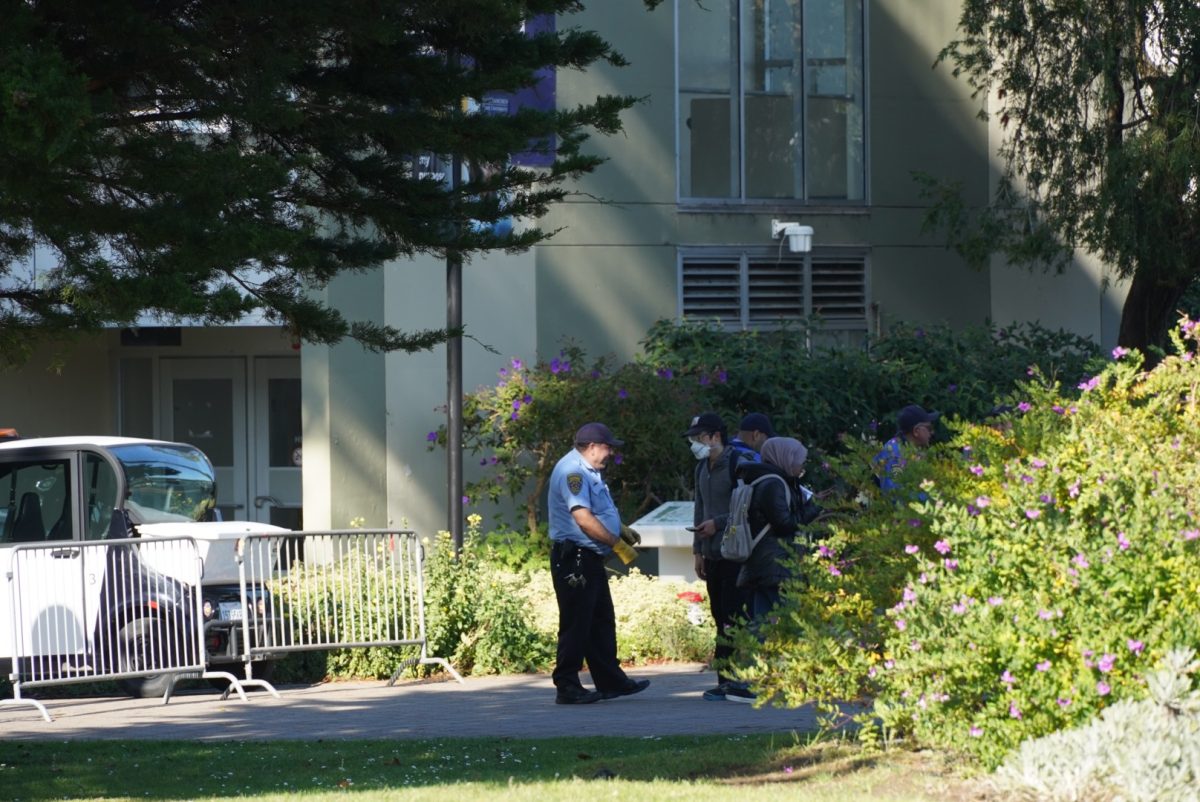

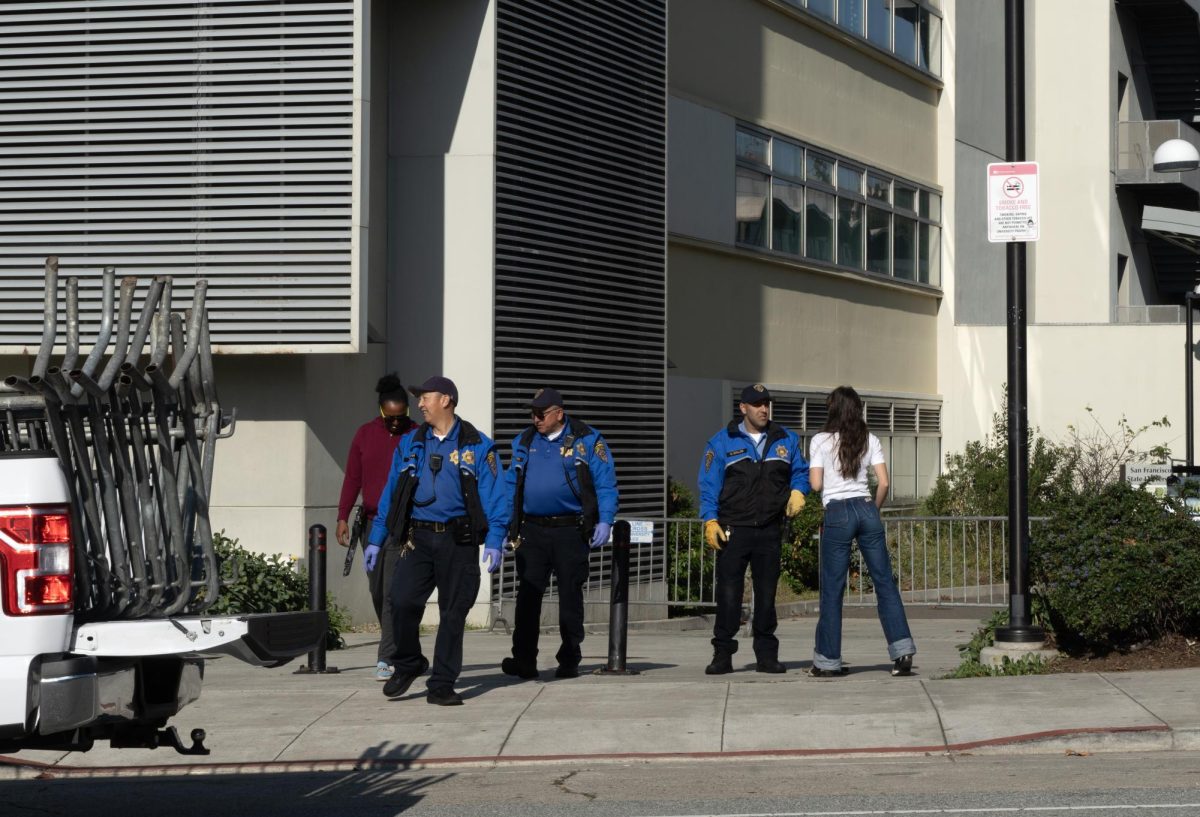
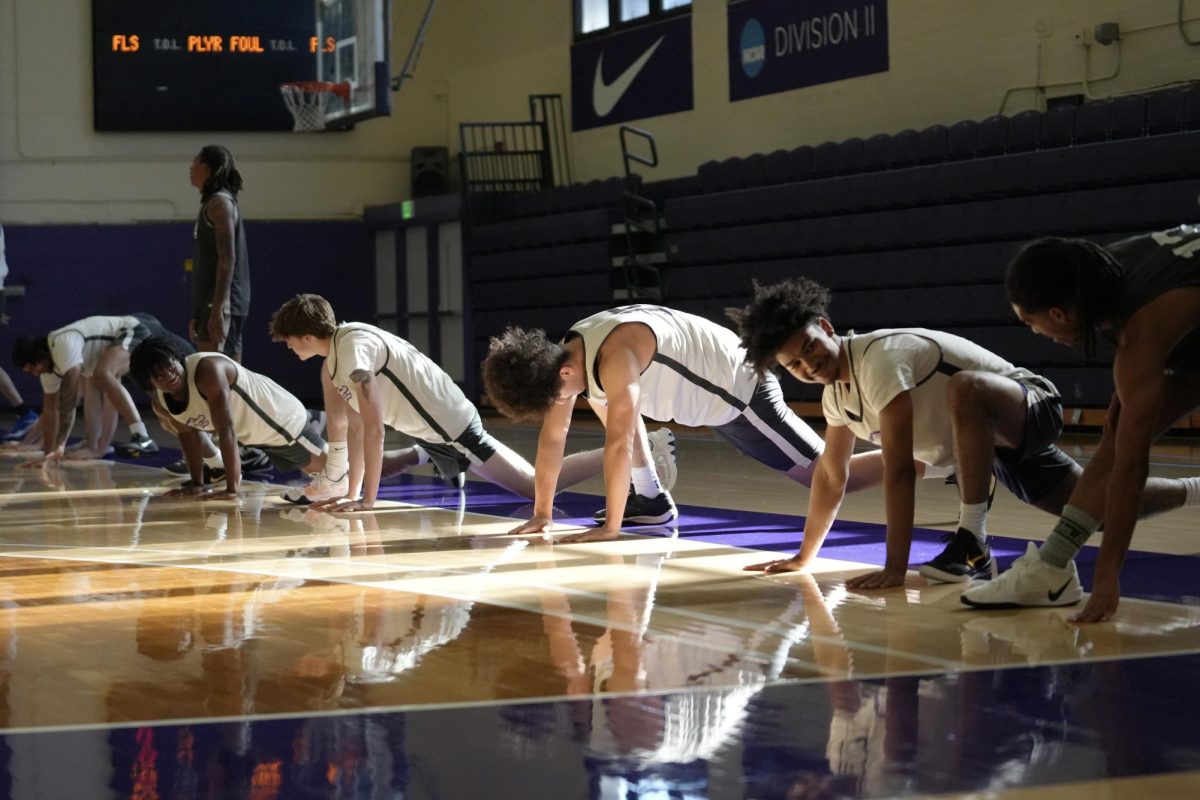
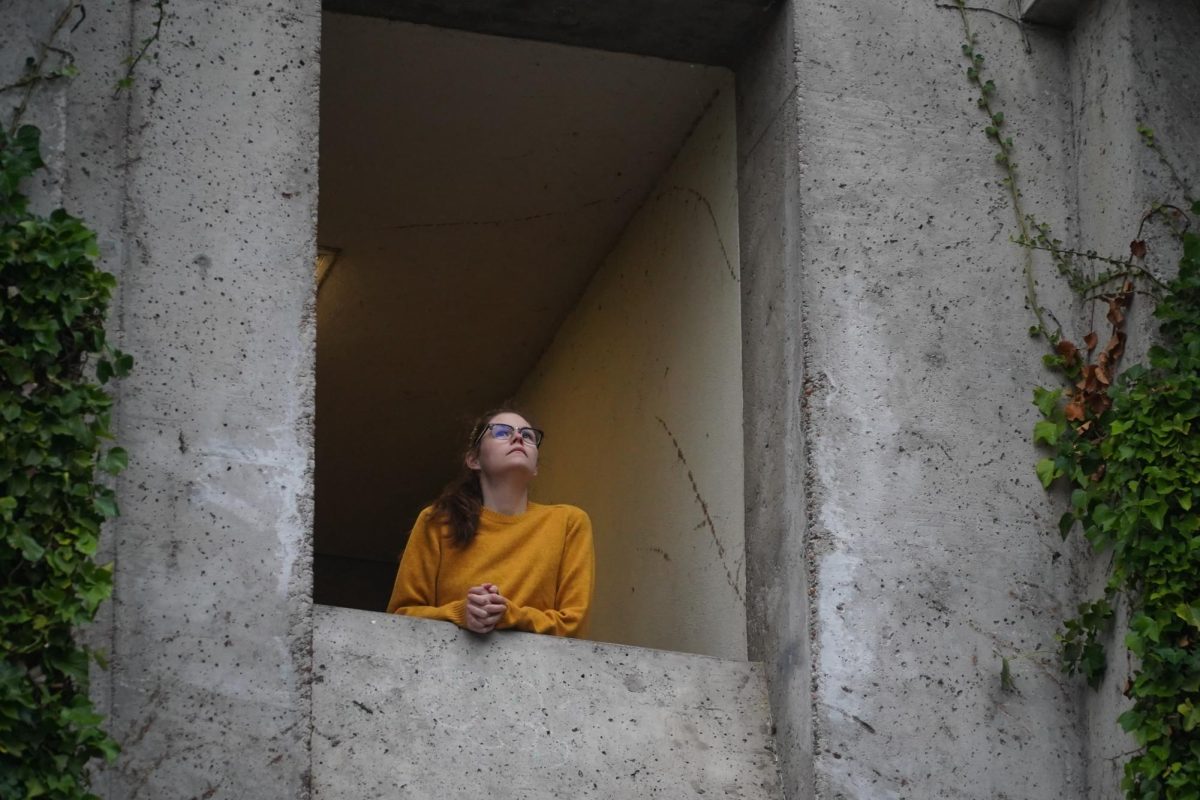

Jessica Bramasco • Apr 8, 2020 at 12:40 pm
This is amazing. Thank you for showing us inside the minds of these children. If we can understand what they are going through then we can help them through these tough times. I love the piece!!!